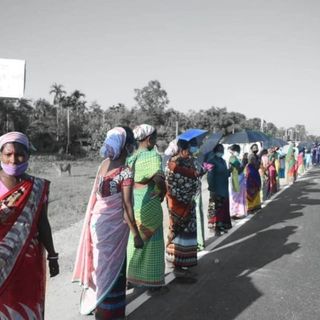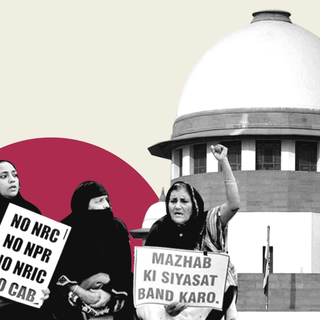“Herd immunity is achieved by protecting people from a virus, not by exposing them to it. Never in the history of public health has herd immunity been used as a strategy for responding to an outbreak, let alone a pandemic… Allowing a dangerous virus that we don’t fully understand to run free is simply unethical. It’s not an option,” Tedros Adhanom Ghebreyesus, the Director General of the WHO, told the media at a virtual press briefing yesterday. Criticizing ideas of deliberately allowing Covid19 to spread, he explained that: “Herd immunity is a concept used for vaccination, in which a population can be protected from a certain virus if a threshold of vaccination is reached.”
At least 70% of the world population would need to be immune “to really break the chain of transmission,” Dr. Soumya Swaminathan, Chief Scientist of the WHO, had said in August, warning that it will not only take a long time for that to happen naturally, but will also cause significant collateral damage: “…even if 1% of people who get infected are ultimately going to die, then this can add up to a huge number of people, if we look at the global population.” And just as she warned, in the context of India, despite reports suggesting that India’s Covid19 numbers had peaked in mid-September, “a herd immunity level of [just] 15% coincided with the peak,” T. Jacob John, a paediatrician-cum-virologist and president of Indian Academy of Pediatrics, wrote in The Wire.
Related on The Swaddle:
Japanese Research Cautions Against Using Face Shields As Alternative To Masks
In the meantime, the ‘Great Barrington Declaration‘, a document written by a trio of international researchers, and signed by 35 scientists and health practitioners from around the globe, argues for precisely this as a public health policy. The declaration urges governments to allow young, low-risk adults to “immediately be allowed to resume life as normal” and achieve herd immunity, while shielding the most vulnerable in every population. However, the letter has also been widely criticized by experts, with Gregg Gonsalves, an epidemiologist at Yale University, calling it “grotesque,” and aimed at “culling the herd of the sick and disabled.”
In India, the risks of implementing such a policy would be even higher, with multi-generational, joint families often staying together under the same roof. Moreover, the proposal also “ignores the growing awareness of long Covid that many healthy young adults [even without underlying chronic medical conditions] with mild infections are experiencing protracted symptoms and long-term disability,” Professor Jeremy Rossman, honorary senior lecturer in virology at the University of Kent, told the London Evening Standard. Further, as Tedros said yesterday, “people of all ages have died.”
“The vast majority of people in most countries remain susceptible to this virus. Letting the virus circulate unchecked therefore means allowing unnecessary infections, suffering and death… There are no shortcuts and no silver bullets,” Tedros noted.




